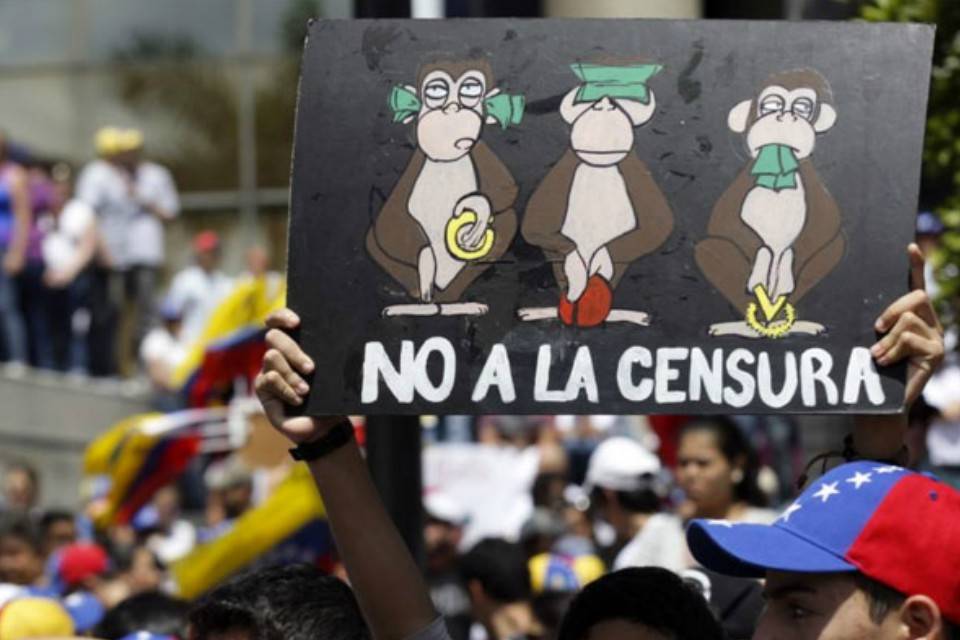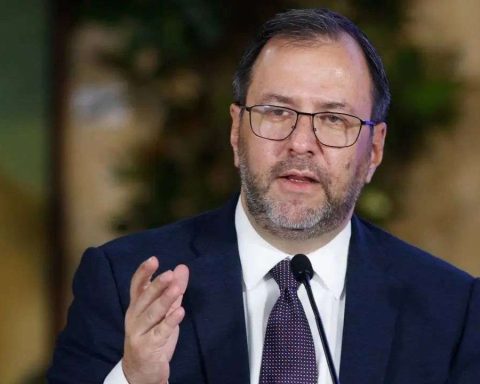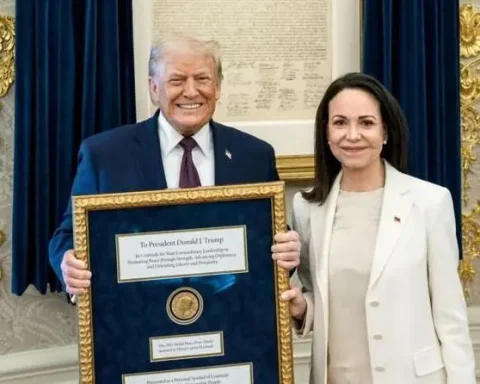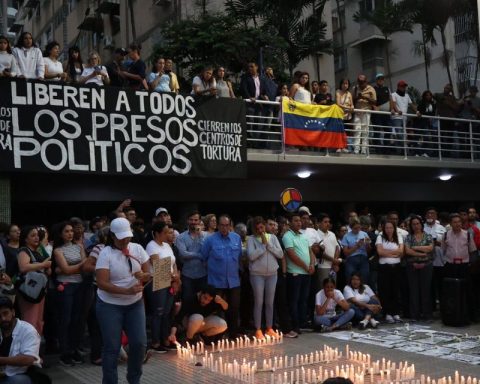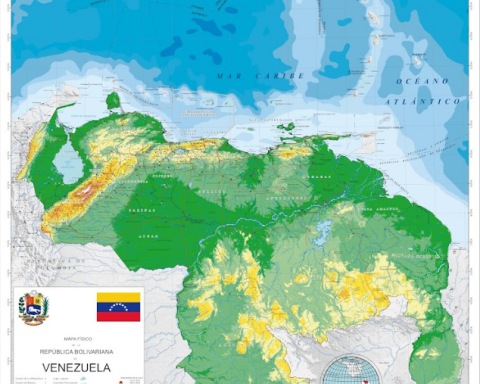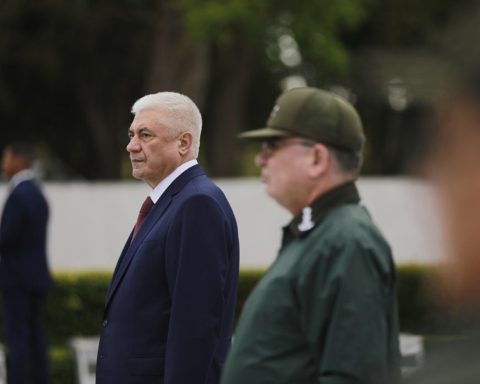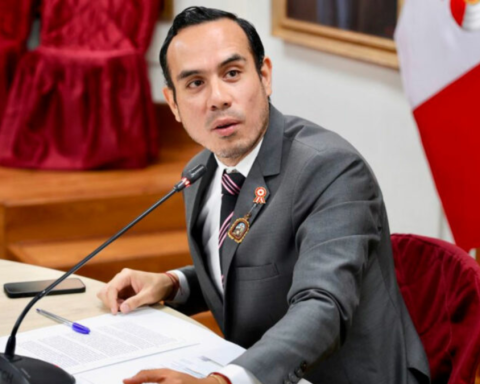Ipys Venezuela referred to the Network Law Project, about which it expressed concern, since in its opinion, it could be “another mechanism, exercised by the State, to censor information freedoms in the country”
The Press and Society Institute (Ipys) recorded “14 cases of limitations on the press” in Venezuela during the month of March, which represented 18 violations characterized by intimidation, arbitrariness and refusal to approach news sources.
“During that month (March), Ipys Venezuela registered 14 cases that represented 18 violations of the press comprised of five restrictions on access to information, five incidents of stigmatizing speech, four aggressions and attacks, three measures of censorship and one act of use. abusive of state power”, detailed the NGO in a press release published on its website.
The organization, which defends freedom of the press and the right to information in Venezuela, indicated that these cases affected 4 media outlets, a human rights defense organization, 32 press workers and an activist.
“Of the 14 cases of limitations on the press during the third month of 2022, 10 of them occurred in the traditional environment, while four in the digital rights environment,” said the NGO.
Among the events documented by this organization during the month of March is the closure of the radio station Activa 89.3 FM, in El Tigre, Anzoátegui state, which “was off the air when the National Telecommunications Commission (Conatel) seized its equipment.”
He also outlined the restrictions on access to information in public institutions suffered on March 7 by journalists Zulma López, from Punto de Corte; Fabiola Niño, from Televen; and Luzfrandy Contreras and Freddy Villamizar, from Táchira Regional Television (TRT), in Táchira state.
In addition, Ipys Venezuela referred to the Draft Law on Networks, which is developed within the Communication and Information Subcommittee of the Venezuelan Parliament and expressed its concern about this instrument, which, in its opinion, could be “another mechanism, exercised from the State, to censor information freedoms in the country.”
“Social networks have become windows to access information in Venezuela in the face of the disappearance of traditional media outlets that have been systematically persecuted by the State. But even in cyberspace it has been reflected how power arbitrarily uses legal instruments to silence dissenting voices,” said the NGO in this regard.
*Also read: Political Ecology Observatory warned of “chaotic damage” to the environment in Venezuela
On February 3, the Inter-American Press Association (IAPA) denounced the “recrudescence” of “violations of freedom of expression” in Venezuela and condemned the “blocking of digital media” and “illegal use of personal data to harass journalists”.
In the resolution, regarding the blocking of three digital media outlets, the IAPA emphasized that “the relentless persecution against media outlets and journalists, as well as the blocking of the few media outlets that still publish on the Internet, has almost completed the communicational hegemony plan of the regime, similar to the Cuban model.”
With information from Eph
Post Views:
212
